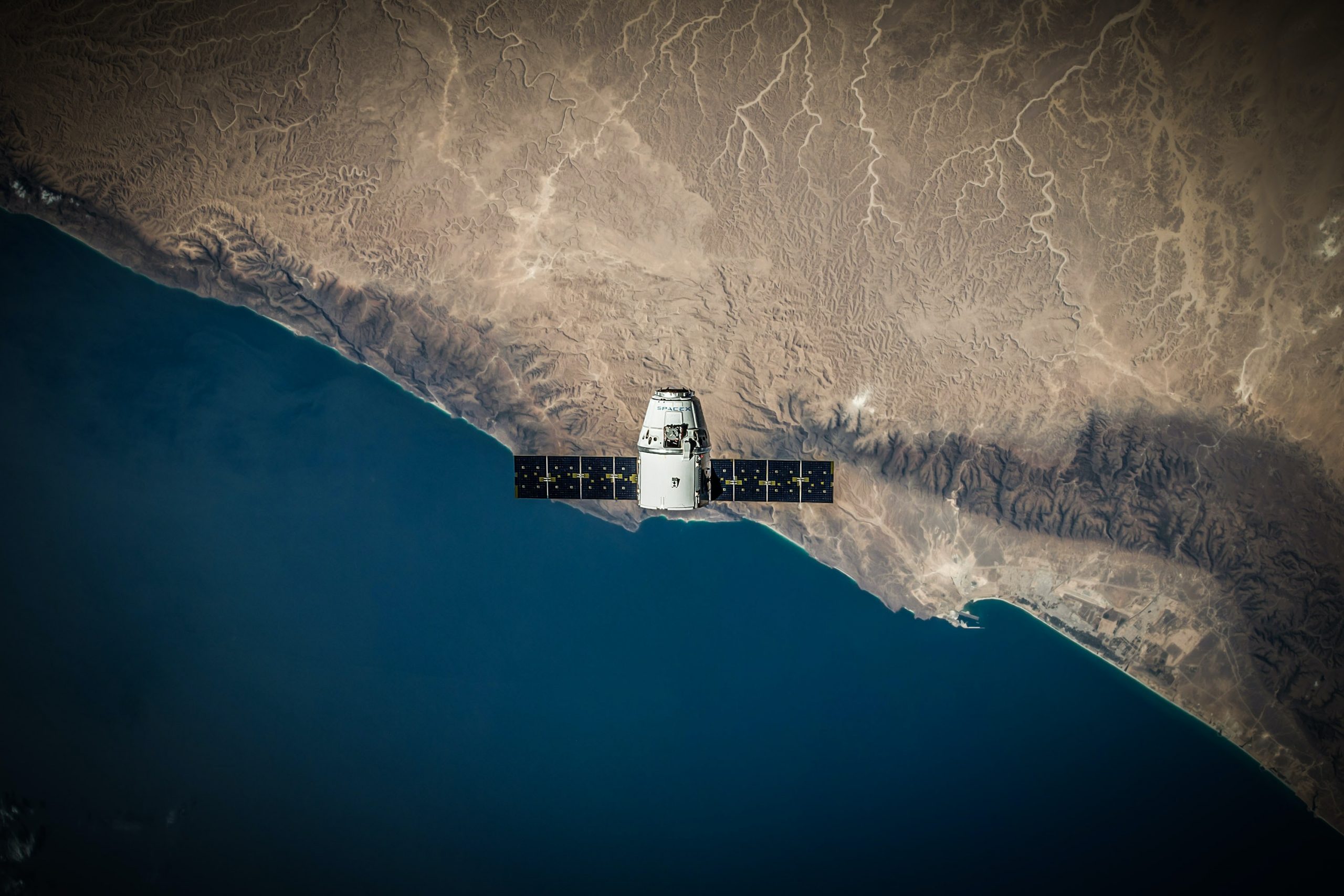
Sci&Tech Writer James West celebrates a groundbreaking achievement that launched the space race
Just over sixty-two years ago, on the 4th October 1957, the world watched in wonder. The USSR had just launched the very first artificial satellite, Sputnik, into orbit. This heralded a new dawn in the history of humanity; the ability to send unmanned, and later manned objects into space. What Sputnik had started was over a decade long competition between the US and the USSR which culminated with the Moon landings in 1969.
“This heralded a new dawn in the history of humanity; the ability to send… objects into space
Following the end of World War II, both the US and USSR had gained a proportion of the German rocket scientists who had developed the V2 rocket. The race had been on since the early 1950s to put a man-made satellite into space, as space was seen as an increasingly important frontier in the Cold War. The aim was to launch a satellite in the International Geophysical Year (July 1957 to December 1958) as they knew solar activity would be highest.
By 1955, the US had publicly stated that they would launch a satellite in that year. This meant that the Americans were even more surprised when in October 1957, the USSR launched Sputnik, a satellite that was heavier than the proposed US model, and earlier than they expected it to be. This satellite was about the size of a beach ball, and orbited the world every ninety minutes. Not only that, but its distinctive ‘beep beep’ sound could be heard by amateur radio listeners all across the world.
“Its distinctive ‘beep beep’ sound could be heard by amateur radio listeners all across the world
While in orbit around the Earth, Sputnik was able to take some atmospheric data about density in the upper atmosphere the propagation of radio signals, which was the first time scientific data had been taken by an orbiting satellite. Sputnik was able to transit for three weeks following its launch, before its chemical batteries wore out; and then it stayed in orbit until the 4th of January 1958.
The reaction to Sputnik was disbelief and shock all around the world. The US had been beaten into space, and scrambled to catch up. Many Americans, both civilians and military alike; feared the use of the Soviet space program as a way of launching Intercontinental Ballistic Missiles (ICBMs) at the US. This was because the Soviet launch rockets were based off ICBM technology. This also lead to a wrongly perceived fear in the US that they were technologically lacking compared to the Soviets, especially after the failure of Vanguard 1 a few months later. This lead to the passing of the National Aeronautics and Space Act in 1958, which created NASA, arguably the greatest body in space exploration research ever made, which kick started the Space Race as we know it today.

Comments